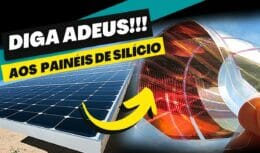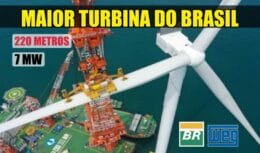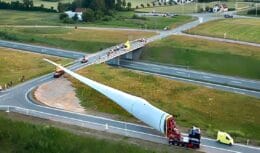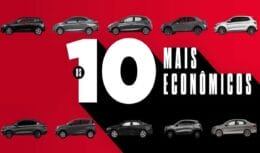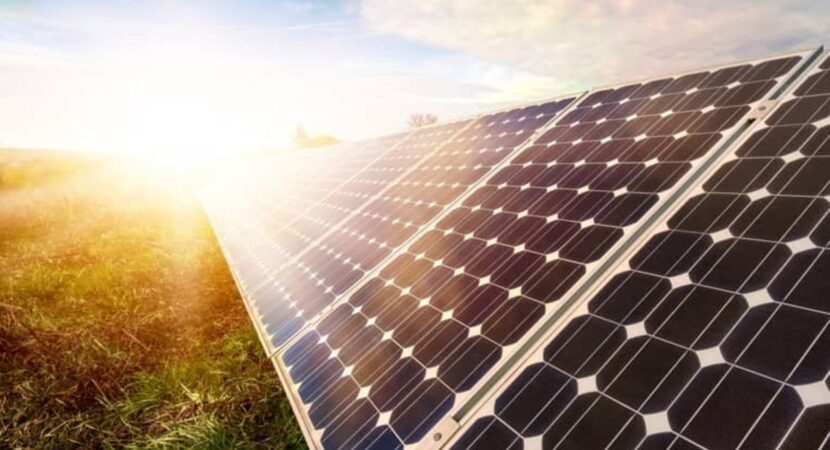
Expert explains main advantages of the new solar energy bill that proposes “sun taxation” in distributed generation
Federal deputy Lafayette de Andrada, rapporteur of the Law Plan that seeks to tax the distributed generation of solar energy in Brazil, defined that the proposed amendments are “fair and balanced”. A Bill of 2019 which proposes the taxation of the sun, constitutes that people can generate their own energy at home through solar panels, as long as there is a charge of taxes on the Distributed Generation (DG), that is, a “taxation of the sun”, as called the president, Jair Bolsonaro.
Read also
Free Solar Movement President Hewerton Martins says the sun tax initiative, even likely to make solar energy more expensive, means Brazil would become underdeveloped in solar photovoltaics. In addition, the PL that proposes the taxation of the sun should not have an environmental impact, considering that the panels would be installed in houses and buildings, taking advantage of urban spaces.
The mission is to utilize the grant money and install solar panels for everyone. “Using it or not, everyone pays the minimum fee. In this project, this tariff is eliminated to enable people in social vulnerability to have access to solar energy”, he concluded.
The benefits of solar distributed generation in Brazil are numerous. Some of them are:
Reduction of losses during distribution: Every time the energy is centrally generated, it travels for kilometers until it reaches the appropriate distribution centers, that is, the energy is sent to several points, until it reaches its destination, thus causing high construction costs to occur. of distribution lines and also with losses occurring during the transmission process. Distributed generation collaborates with the significant reduction of these losses, since most of what is generated is consumed on site.
More stability for the system: In times when it cannot supply the demand alone, for example, during the night and on cloudy days, the previously generated surplus can be used, making the system more reliable with distributed generation, which avoids it. the lack of energy in the consumer unit.
Reduction in electricity costs: It is worth mentioning that, in November of last year alone, consumers who generated their own energy helped the sector to save more than 400 million with thermoelectric plants, due to distributed generation.
The growth of solar energy in recent years
The distribution of solar energy systems in the world has grown exponentially in recent years. According to the IEA, by 2022 the use of solar energy could reach 30% in countries such as China, Germany, Japan and the USA, which have a greater installed generation capacity.
In Brazil there is a predominantly renewable energy matrix that stands out among so many leading countries in world production. Our country has higher levels of solar irradiation than countries where solar energy projects are explored on a large scale, such as Germany, France and Spain.
It is estimated that the installed capacity of solar generation will reach 13 GW in 2026, with 9,6 GW of centralized generation and 3,4 GW of distributed generation, according to the Ten-Year Energy Expansion Plan.
About INEL Brazil
O National Institute of Clean and Sustainable Energy (INEL Brasil) is an intelligence center to support efforts towards clean and sustainable energy sources. INEL Brasil aims to promote the democratization of society's accessibility to clean and cheaper energy.
INEL Brasil's objective is to accelerate the innovation cycle to reach net zero emissions by 2050. According to INEL Brasil, human beings have been innovating for thousands of years, from wood to coal and oil, their technology has become increasingly efficient.
The collaboration of Inel Brasil's Regulatory Affairs Secretary, Lucas Cortez Pimentel was of paramount importance for the development of this matter.
OBS: This content is an exclusive interview between Inel and CPG, any replica for publication elsewhere must be credited to the author and website.

